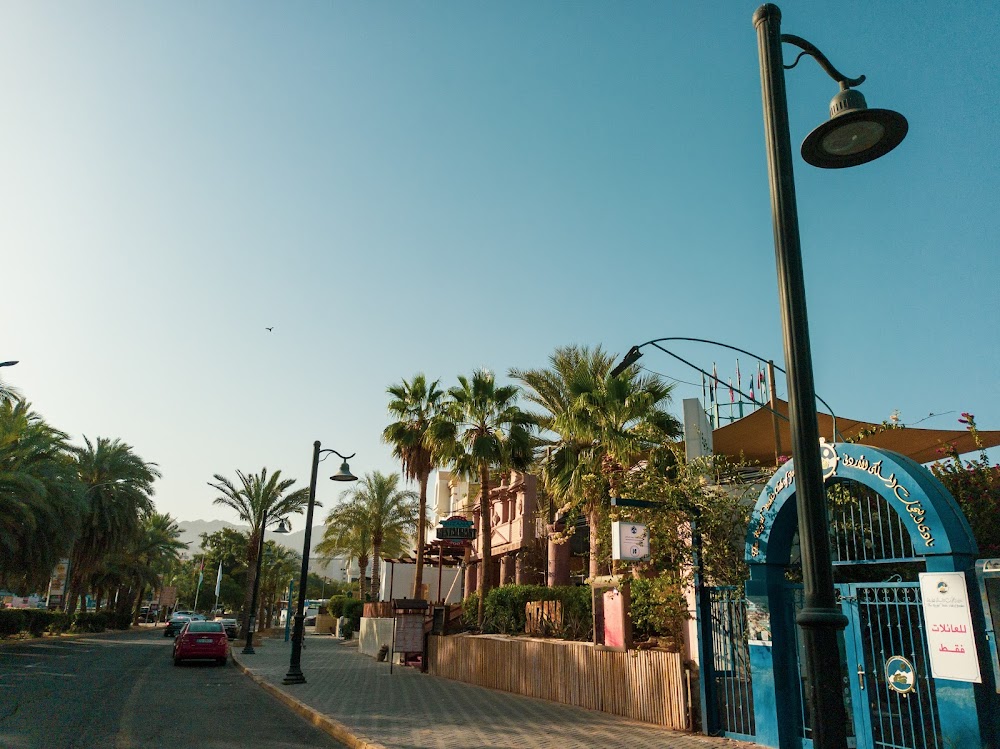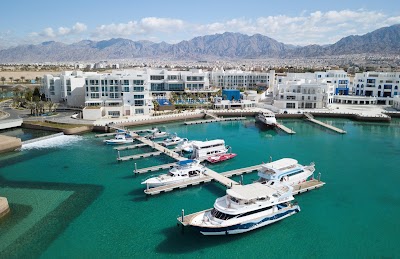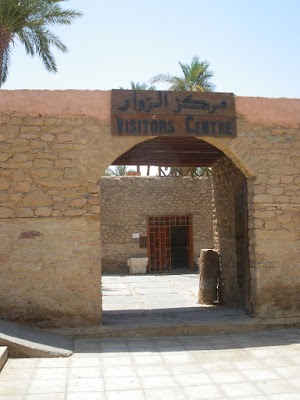Ayla Ancient City (مدينة أيلة القديمة)
Overview
The Ancient Islamic City of Ayla, nestled in the coastal city of Aqaba, Jordan, is a remarkable testament to the ingenuity and strategic significance of its time. Established in the 7th century under the Umayyad Caliphate, Ayla ranks among the earliest Islamic cities. Its prime location along vital trade routes connecting the Arabian Peninsula, the Levant, and Egypt made it not only a fortified settlement but also a crucial hub for commerce.
Construction of Ayla commenced under the directive of Caliph Uthman ibn Affan, who understood the importance of Aqaba's coastal position for trade and defense. The city was meticulously designed in accordance with classical Islamic urban planning principles, featuring a rectangular layout enclosed by formidable walls stretching approximately 1.5 kilometers. These robust walls, constructed from rectangular mudbricks supported by a stone foundation, provided essential protection against potential invaders.
Within the protective embrace of these walls, Ayla was thoughtfully organized to meet the needs of its residents. At the city's heart stood the central mosque, characterized by its simplicity and practicality, which also functioned as a community center. Surrounding the mosque were residential quarters, where homes built from local materials like palm trunks and mudbrick showcased distinct Islamic architectural features, including courtyards designed to promote natural cooling in the arid desert climate.
Ayla boasted a well-structured street grid system that facilitated ease of movement and accessibility throughout the city. The main thoroughfares were lined with bustling bazaars and workshops, transforming Ayla into a vibrant economic center. Craftsmen and traders from various backgrounds thrived here, producing and selling goods such as textiles, pottery, and spices. This cultural melting pot enriched Ayla with a unique blend of traditions and knowledge.
In the harsh desert environment, effective water management was vital. Ingenious underground channels, known as qanats, were constructed to transport fresh water from nearby sources into the city. These qanats ensured a reliable supply of water for drinking, irrigation, and daily activities. Cisterns and reservoirs further enhanced Ayla's water storage capabilities, showcasing the city's advanced understanding of hydraulic engineering.
The city's port played a pivotal role in its prosperity. The well-designed harbor accommodated various vessels, facilitating maritime trade. Ships transported goods to and from major cities across the Red Sea and beyond, fostering a steady flow of commerce that enriched Ayla economically and culturally, making it a true cosmopolitan settlement.
Throughout its history, Ayla encountered numerous challenges, including natural disasters and invasions. In the late 12th century, the city fell to Crusader attacks; although it was later recaptured by Islamic forces, it struggled to regain its former prominence. Economic shifts and changing trade routes ultimately led to its decline, culminating in its abandonment.
Today, the ruins of Ayla provide a fascinating glimpse into its illustrious past. Archaeological excavations have unearthed a rich trove of artifacts, ranging from everyday household items to intricately decorated pottery, illuminating the daily life and culture of its inhabitants. The layers of history revealed through excavation tell the story of the city's adaptation and resilience over centuries.
Visitors to Ayla can explore the remnants of ancient walls, the layout of streets, and the foundations of buildings that once comprised this bustling city. Engaging interpretive displays and guided tours offer valuable context, helping guests appreciate the significance of Ayla as an early Islamic urban center.
The preservation of Ayla is a vital component of Jordan's cultural heritage. Ongoing archaeological efforts continue to unravel its rich history, ensuring that future generations will cherish and understand the legacy of this extraordinary ancient Islamic city.









